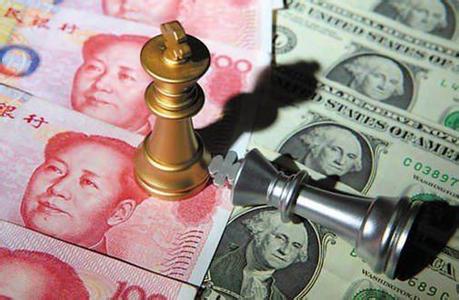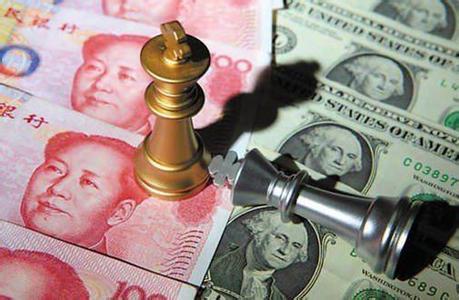
BEIJING, Nov. 7 (Xinhua) -- China's forex reserves rose for the ninth month in a row in October as pressure of capital outflow continued to ease, data from the central bank showed Tuesday.
Forex reserves had amounted to 3.1092 trillion U.S. dollars by the end of October, up 703 million dollars from a month earlier, according to the People's Bank of China, the central bank.
Although slightly below market forecasts, it is the first time the reserves have expanded for so long since June 2014.
In an online statement, the State Administration of Foreign Exchange (SAFE) attributed the rise to stable cross-border capital flows and balanced supply-demand in the foreign exchange market.
Climbing asset prices in the global financial market also pushed up the stockpile, the statement added.
There had been concerns over capital flowing out of China in the second half of 2016, when the economy was under pressure and the yuan was in the middle of a losing streak against the U.S. dollar.
In January, China's foreign exchange reserves fell below 3 trillion U.S. dollars, but as the economy is on a firmer footing and the yuan continues to stabilize, the stockpile has increased steadily since February.
China's economy expanded 6.9 percent year on year in the first three quarters, above the government target of 6.5 percent for 2017.
The stabilizing growth and improved economic structure have led to more balanced cross-border capital flows, the SAFE noted.
The SAFE said the foundation for balanced flows will become more solid as confidence in China's economy builds following the 19th National Congress of the Communist Party of China, predicting the reserves to gradually pick up and stabilize.
Authorities have tightened controls on aggressive overseas acquisitions by companies including Dalian Wanda, HNA Group Co. and Anbang Insurance Group.
In August, the State Council said overseas investment in areas including real estate, hotels, cinemas, the entertainment industry and sports clubs will be limited, while investment in some sectors such as gambling will be banned.
The document also imposed restrictions on the setting up of overseas private equity funds or other investment platforms without specific projects and limited investment that does not meet technological, environmental, or safety standards of the destinations.
Tuesday's data also showed gold reserves falling to 75.2 billion dollars by the end of October from 76 billion dollars at the end of September.




 A single purchase
A single purchase









